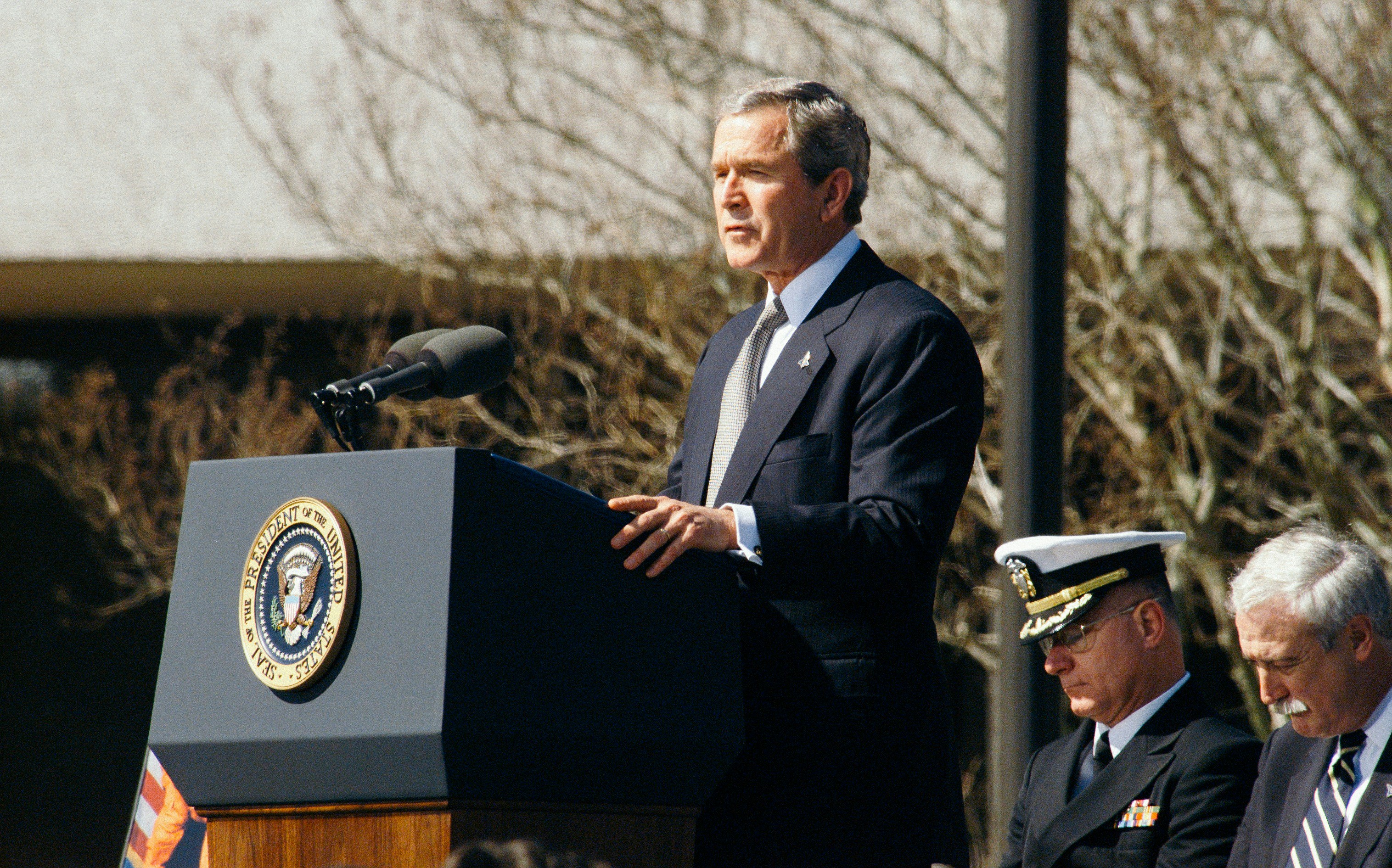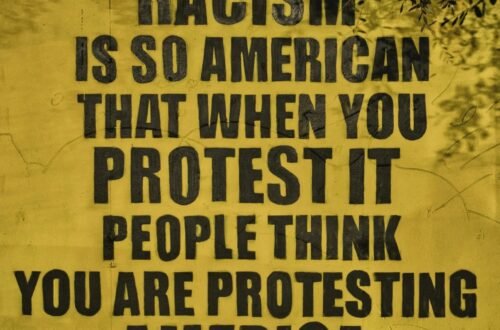Constitutional Due Process: Guard Against Authoritarianism

The Importance of Due Process in a Democratic Society
Due process forms a cornerstone of democratic governance, ensuring that every individual is treated with fairness and justice under the law. This legal principle mandates that government entities must adhere to established legal procedures before depriving individuals of life, liberty, or property. In a democratic society, due process serves as a bulwark against arbitrary power and the potential for abuse by authorities. Without these protections, individuals become vulnerable to the whims of those in power, leading to violations of their fundamental rights.
The significance of due process can be highlighted by examining historical contexts where its absence precipitated the rise of authoritarian regimes. Various nations throughout history have witnessed how the erosion of due process can embolden governing bodies to act without accountability, often resulting in drastic infringements on civil liberties. Authoritarian leaders frequently exploit legal loopholes or entirely disregard legal norms to consolidate power, effectively silencing dissent and suppressing opposition. As a case in point, in the absence of due process, many authoritarian governments have resorted to arbitrary detentions, forced disappearances, and censorship, ultimately undermining the fabric of democratic society.
In contrast, adherence to due process fosters an environment where citizens feel secure in asserting their rights. The principle ensures that legal proceedings are not only transparent but also accessible, allowing individuals to challenge wrongful government actions. Moreover, due process facilitates public trust in legal institutions, as it enhances the perception of fairness and justice. Such trust is crucial for a healthy democracy, as it encourages civic engagement and participation in governance. Thus, due process is not merely a legal safeguard; it is an essential element that underpins the stability and integrity of democratic societies.
The Limits of Presidential Power in Foreign Detentions
The Constitution establishes a framework that delineates the powers of the President, particularly concerning foreign detentions. This framework is essential in preventing authoritarianism and ensuring that individual rights are upheld, even in the context of national security. While the President holds significant authority as the Commander-in-Chief of the Armed Forces, the power to authorize military actions and detentions predominantly resides with Congress. This division is crucial to maintaining a system of checks and balances that safeguards against the overreach of executive power.
When analyzing the legal precedents surrounding presidential authority in foreign detentions, two landmark cases emerge as pivotal: Rasul v. Bush (2004) and Hamdi v. Rumsfeld (2004). In Rasul, the U.S. Supreme Court ruled that detainees at Guantanamo Bay had the right to contest their detention in U.S. courts, emphasizing that no individual could be denied access to due process, regardless of where they were held. This decision reinforced the principle that the Constitution applies to all persons under U.S. jurisdiction, regardless of their location.
The Hamdi case further cemented the necessity for due process in the context of foreign detentions. The Court recognized that a U.S. citizen held as an enemy combatant was entitled to a meaningful opportunity to contest the factual basis of their detention. These rulings underscore the imperative that due process rights must be respected by the government, illustrating the limits of presidential power when it comes to detaining individuals abroad.
In essence, while the President has considerable latitude in directing military actions, the authority to detain individuals in foreign prisons is not unchecked. The requirement for Congressional consent, coupled with the legal precedents established in key cases, forms a robust framework that maintains individual liberties and reinforces the importance of due process in the realm of national security.
Congress’s Role in Authorizing Military Actions and Detentions
The United States Congress plays a crucial role in the authorization of military actions and detentions, which are essential elements of national defense and foreign policy. The legislative framework governing these activities primarily includes the War Powers Resolution of 1973. This resolution seeks to limit the President’s ability to engage in armed conflict without congressional approval. Under this framework, Congress must be informed of military actions within a specific timeframe, and the President must consult with Congress before initiating hostilities. The intention is to promote a checks and balances system that prevents unilateral military decisions that could lead to abuses of power.
In addition to the War Powers Resolution, Congress exercises its oversight responsibilities through various legal instruments, such as authorizations for the use of military force (AUMFs). These AUMFs provide the legal grounding for military operations, ensuring that any engagement is consistent with U.S. laws and values. By scrutinizing military actions and detentions, Congress ensures that such measures do not infringe upon the due process rights of individuals, both domestically and in foreign prisons. This oversight is vital in maintaining accountability within the executive branch and safeguarding against authoritarian practices that could arise from unchecked military power.
Moreover, congressional hearings, briefings, and investigations play a pivotal role in illuminating the complexities surrounding military engagements. These platforms allow Congress to address public concerns about the legality and morality of U.S. actions abroad. Ultimately, Congress’s active involvement serves as a necessary counterbalance to the authority of the President, thereby reinforcing the principles of democracy and the rule of law. As such, the legislative branch must remain vigilant and proactive in its responsibilities to ensure that military actions align with the constitutional values upon which the nation was founded.
The Consequences of Ignoring Due Process
Neglecting due process has far-reaching implications, particularly in the realm of military decisions and detentions. When authorities bypass established legal frameworks, they expose individuals to arbitrary treatment, undermining the core principles of justice and fairness that underpin democratic societies. This practice can act as a catalyst for various threats to civil liberties, as the absence of due process protocols often results in abuses of power. Individuals may find themselves detained without sufficient evidence or due legal process, creating an environment of fear and uncertainty.
Furthermore, the erosion of public trust is a significant consequence of disregarding due process. Citizens rely on the legal system to protect their rights and liberties; when that assurance is compromised, so too is trust in governmental institutions. This disillusionment can lead to a disengaged populace, where individuals feel that their voices have no bearing on the actions of those in power. A lack of transparency in military actions and detentions not only creates fear but also fosters a sense of alienation among citizens, as they feel increasingly distanced from the processes that govern their lives.
Moreover, the neglect of due process sets dangerous precedents that can pave the way for authoritarian regimes. When governments normalize the suspension of legal protections, they chip away at the foundation of democracy itself. This gradual erosion can lead to a slippery slope where the mechanisms for accountability and oversight are systematically dismantled, resulting in a society that is ill-equipped to resist tyranny. Thus, the vigilance of society becomes paramount. It is essential for citizens to advocate for the adherence to legal standards and due process to safeguard against the encroachment of authoritarianism. Only through collective awareness and action can the encroachment on civil rights be effectively curtailed.




